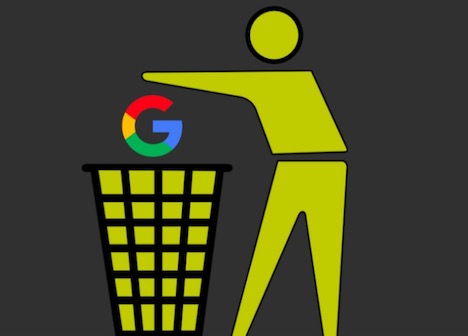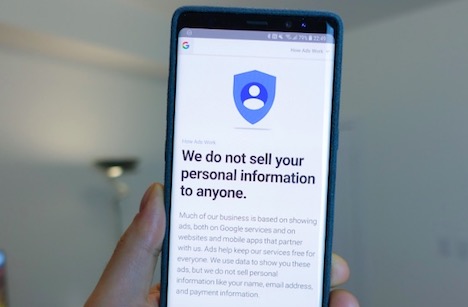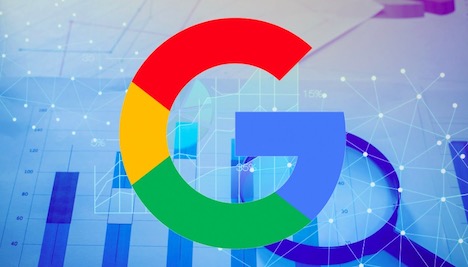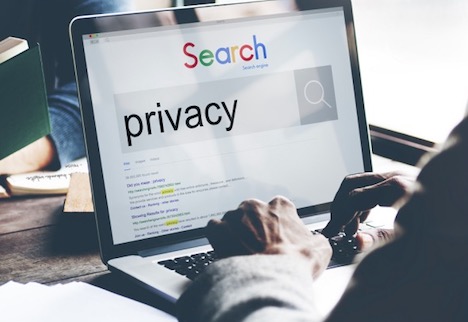How to Delete Personal Information & Data from Google
There’s been a lot of talk in the news as of late about deleting your Google information and data. Removing the data in question, as well as using VPN tools like Surfshark to help protect your information in the future is always a good idea.
A combination of data cleanup and increased protection in the future will help safeguard against privacy issues, both major and minor.
Some careful consideration of how companies like Google use your data is a good idea, at any time. The ways technology providers use your personal information are not always evident at first glance. Getting familiar with the impact of big data and its role in your online activities is still helpful.
How Much Data Does Google Have on You?
How much data big tech companies, including Google, keep on their users has come under severe scrutiny in recent months and also caused quite a bit of controversy. The amount of information involved with Google accounts is massive and surprises many who decide to download their files to see what’s there. If you’ve had a Google account for several years, expect to spend hours receiving emails with links to your download files before you have a chance to review everything.
One bright spot in this situation for many is that it is relatively easy to purge data you don’t want to be retained and control what information Google can get from you. Once you’ve taken a look at the info and deleted what you don’t want to be kept, you can think about keeping more of your information secure. Your privacy is essential, so becoming complacent about protecting information is not an option you should consider.
Finding Out About Your Google Info
Google has come up with a useful tool called Takeout that lets you download your data for easier review. The options include downloading the whole archive or certain sections based on what you think is most important. Your data will go into a file in a format that you can use elsewhere if needed, designed for easy computer readability.
You’ll need to make some decisions about which data is okay for Google to keep and what you would rather be deleted. Going to the My Activity area on your Google account will let you select files to delete. After finding out what information you want to remove, you’ll want to consider how much data you want to be collected in the future so you can take the necessary steps to safeguard your privacy.
What Types of Data Can be the Most Bothersome?
Although everyone has a different take on what they are or aren’t comfortable with regarding data collection, certain types of information are most likely to be a nuisance. The types of information retained that often bother users the most include ads, web-browsing history, and Android app use.
Ads are among the types of data that Internet users find most troubling because it’s not uncommon for your browsing history to be tracked even when you’re not signed into Google. Purging this history periodically as a good idea, as well as taking steps like using incognito windows that won’t track your browsing history. Deleting information on app usage is also a good idea to help protect yourself against vulnerabilities, as apps can also collect a lot of information about what you do online.
Is This Information Gone for Good?
It’s perfectly reasonable to wonder if purging Google data from your account gets rid of it permanently since cloud storage has drastically changed how sites store things online. The company’s data retention policy leaves many users with more questions because of vague language. Some of the data stays on the servers in anonymized form, and some of it remains for indefinite periods.
Because it can be hard to determine what data stays or goes, taking steps to protect your privacy is always a good idea. Erring on the side of caution by using a VPN and other tools helps you keep your online activities to yourself. You’ll also be able to protect yourself against having further data harvested.
How to Protect Your Data in the Future
Always read the data and cookie policy before using unfamiliar sites. Most sites that use cookies now have to conform to regulations addressing data and cookie collection. Although a site’s Terms of Service might seem like a lot of information to digest, never assume that your usage of the site is anonymous is you’re not using a VPN.
Keeping these privacy issues in mind when you’re online is always a wise idea even with the tools that are available to help protect your privacy. You never know when companies might update their policies and how these policies might impact you in unexpected ways.
Tags: google, privacy & security, tips & tricks














































